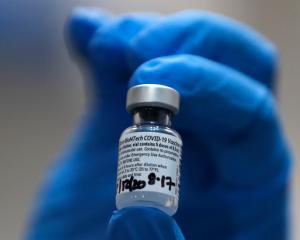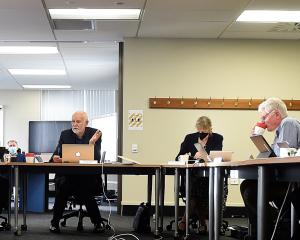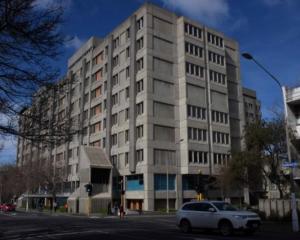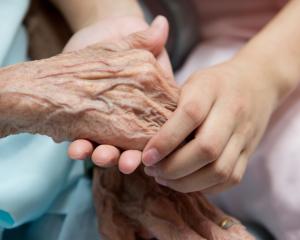A Southern District Health Board patient who fell from an operating table after a hip operation did not require further surgery, information released on the 2012-13 incident shows.
The fall occurred after the patient's surgery, when staff were transferring the person to a bed.
Quality manager Tina Gilbertson said a stabilisation pole attached to the operating table was removed early.
The patient felt nauseous, reared up, and toppled from the table.
It was ''literally an instant'' when everyone's back was turned, Mrs Gilbertson said.
The fall was a reminder of the need for constant close patient supervision and to ensure that someone ''needs to keep a hand on the patient while the bed is coming through''.
It also reinforced the need to keep the stabilisation post in place until the patient was ready to shift to the ward bed.
The board released information updating the reviews of 18 serious events since 2011-12 where the outcome of its investigations had not been publicised.
Six from last year were still awaiting final reports and implementation of recommendations.
Five events involved falls resulting in injury.
Among the recommendations were more education for staff on falls risk assessments and issuing more falls alarms to at-risk patients.
Delays featured in four incidents.
A 2012-13 case involved delay in responding to abnormal blood tests which led to a delay in referring the patient for further treatment.
Reviewers raised concerns about the failure of staff to recognise the patient's potential clinical instability.
Shortcomings included not reviewing the patient's history when they were first seen, lack of medical alert information available, failure to catheterise the patient, poor communication between medical and nursing staff, incomplete clinical assessments and inadequate observation.
Recommendations covered improvements to training and documentation (including alert information), regular meetings between nursing and medical staff and regular clinical mentoring.
Concerns about management of medical alerts also featured in a 2011-12 case where a patient with a documented allergy to an antibiotic was given the drug and suffered a serious allergic response, although there were three possible places alert information could be found.
The recently introduced electronic prescribing system would improve accessibility to information on medication alerts.
Another incident involved a missed diagnosis of cancer in 2011-12 due to an abnormality being missed on an earlier X-ray.
It was found the main cause was the failure to refer the patient for a CT scan as recommended.
The investigation found failure to follow up test results required urgent attention.
Changes to the process have included senior staff reviewing formal radiology reports and organising further follow-up if required.
In a 2012-13 cancer case, an outpatient appointment was not arranged after the cancer surgery.
The investigation found multi-tasking and an environment of interruptions for staff resulted in incorrectly filing relevant information, which meant no electronic appointment was made.
The patient concerned was anxious about attending hospital and did not recognise the need to contact their GP when the appointment was not received.
Recommendations included minimising distractions for staff.
A 2012-13 case involved a heart attack patient whose treatment was delayed because no interventional cardiologist was available in Dunedin and the patient had to travel to Christchurch.
The board now has interventional cardiologists, who perform catheter-based treatment, available around the clock.











